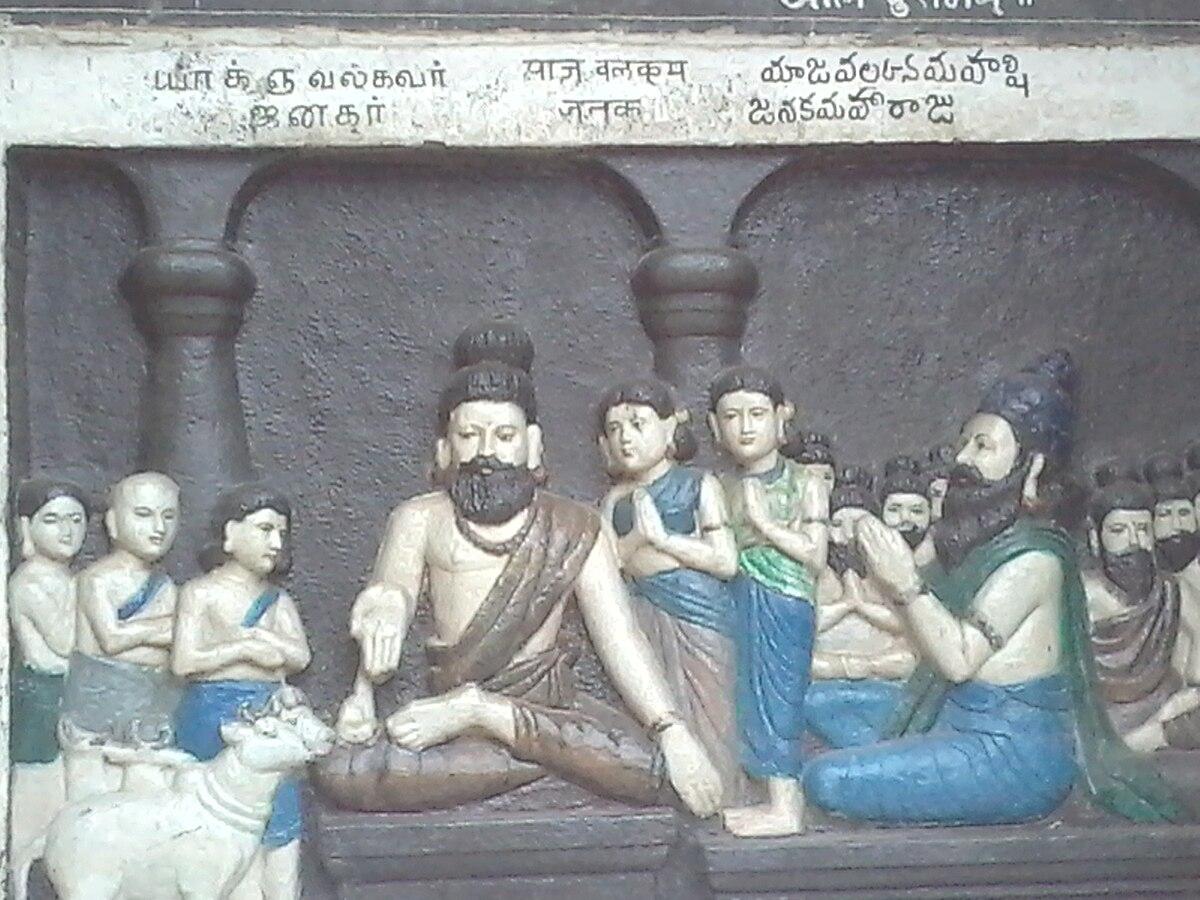Introduction to Indian Philosophy
An Introduction to Philosophy in the Indian Knowledge System
I. The Need for Philosophy
-
Basic Questions: Philosophy arises from fundamental questions such as:
- Why should one not commit theft?
- Why does the holy book or law prevent theft?
- Why does the holy book or the government want to maintain order?
-
Reasoning:
- Religious View: Holy books prohibit theft to keep us away from sin, grief and pain.
- Legal View: Laws and constitutions prohibit theft to maintain order and prevent societal chaos.
- Common Goal: Ultimately, both religious and legal approaches aim to maximize happiness and minimize grief or suffering.
- Human Quest: This pursuit of ultimate happiness is a common human quest, shared by all living beings.
- Fundamental Questions The path to happiness inevitably leads to questions like, who am I?, what is my origin? and what is the meaning of life?, etc
II. Fundamental Questions Addressed by Philosophy
-
Self-Exploration:
- Who am I? What is my true nature, origin, and purpose?
- What is the meaning of life?
-
World and Society:
- What is the nature of this world and the society in it?
- What causes suffering in the world, and what is our role in it?
-
The Divine:
- Who or what is God?
- If God exists, what is God's nature?
- Purpose: Philosophy seeks critical responses to these fundamental questions.
III. Philosophy in the Indian Context: Darshana
A. The Term Darshana
- "Darshana" (दर्शन) is the equivalent of the Greek word "philosophy" in the Indian tradition.
- Derived from the Sanskrit root "drish" (दृश्), meaning "to see."
- Implies both “right vision” and the “means of right vision”.
- It is the means by which one arrives at right knowledge
B. Meaning of Darshanika
- A "Darshanika" (दार्शनिक) is one who engages in Darshana (like a philosopher).
- Darshanika seeks to find the right means of seeing, and to discover the right vision.
C. Alternate Terms for Philosophy
- "Darshana" is the most popular alternative, but many others are available.
- Anviksiki: Used by Kautilya in his Arthashastra.
- Moksa Sastra: Emphasizes that the ultimate goal is Moksha (ultimate happiness).
- Tattva Sastra: Focuses on understanding tattva or the real essence of all things (external and internal).
D. Significance of Darshana
- Like Greek philosophy, Darshana has had a significant influence on all other branches of learning in India, for example, Ayurveda.
- It provides the foundations for knowledge, ethics, and spirituality in the Indian tradition.

